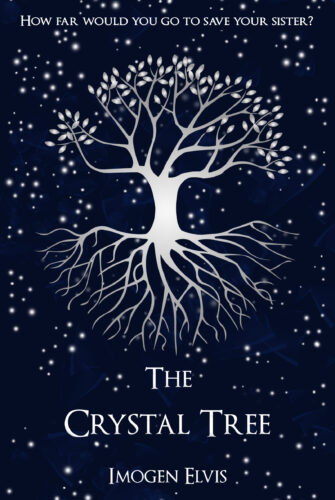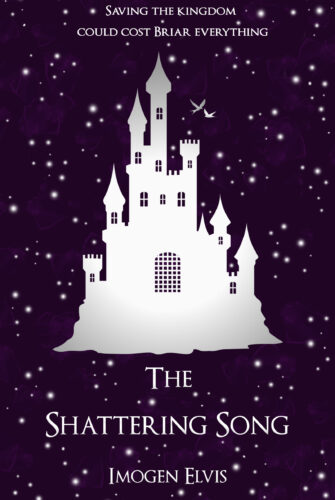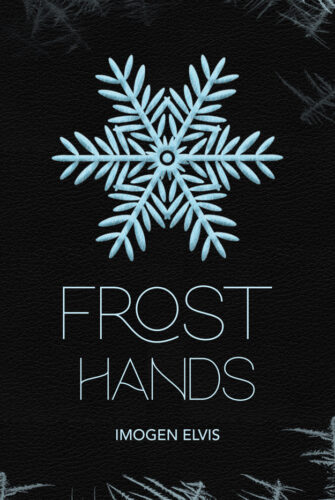I love anything to do with superheroes. I was riveted by Wandavision when that was first airing. I have all of Marissa Meyer’s Archenemies series. I’ve even tried my hand at writing superhero type stories myself. There’s just something about the whole hero/villain dynamic that really appeals to me. Someone with special powers, and an enhanced sense of good or evil either protecting or terrorising the people. It’s all very thrilling. I’m always hungry for another good superhero story (bless Marvel for giving me plenty of movies to watch and rewatch to scratch my superhero itch). Recently, I’ve been filling that superhero void with ‘Dear Hero’ by Hope Bolinger and Alyssa Roat.
SYNOPSIS: Cortex and V need a new nemesis. Cortex’s last villain dumped him, and V got a little overeager and took out her hero prematurely. They meet on Meta-Match, a nemesis pairing site for heroes and villains. After throwing punches at each other behind coffee shops and hiring henchman to do their bidding (mostly just getting them coffee), they realize they have a lot more in common than meets the eye. And they may have a lot more hero and villain inside than they realize.
The book is written entirely in chat messages on ‘Meta-Match’, which is basically the superhero version of Tinder. It’s such a unique way of telling a story. I really loved the realistic chat behaviours, like constantly changing nicknames and thread titles based on whatever you’re felling on that day. Also, messaging the wrong person by mistake (I mean, who hasn’t done that? So many apologies to my long-suffering boss who keeps getting messages from me try to communicate with one of my sisters instead). Tell a story entirely through chat messages could definitely be very limiting, and ‘Dear Hero’ has to get creative to get us right into the action, but it works out surprisingly well. I’m a fan of books who try something different with their narrative structure. The Illuminae Files are some of my all time favourite books. So I am actually a big fan of this chat fiction type of storytelling.
‘Dear Hero’ is a lighthearted read, which is a refreshing change from some of the heavier, grittier superhero stories we’ve been seeing a lot of recently. Sometimes it’s just pure joy to be able to romp through a superhero story that doesn’t take itself too seriously, or get bogged down in too much moralising about good and evil. That doesn’t mean that ‘Dear Hero’ doesn’t have it’s deep moments. It certainly doesn’t subscribe to the totally black and white, stereotypical view of heroes and villains. This is an idea that is explored throughout the book. Of course, there are your more typical mindless villains who are only out for their own gain, but there’s this threat running through the whole book about the difference between a hero and a villain really. There are villains who act more like heroes on occasion, and heroes that you would look at and say they should be villains. It examines the usual stereotypes, and digs a little deeper. I think Cortex summarises this up best in this quote:
“And then you proceeded to tell me what you thought was the difference between heroes and villains. Cape colors and backstories. I’m here to tell you, you were wrong. Not because there are more differences, but, in fact, almost none.”
Hands down, the best part of this book are the characters. V is my favourite, of course. I have such a soft spot for the cloak wearing, murder-y, shark owning, knife throwing characters the best. However, she’s definitely part of a strong cast of characters. Caleb is a confused, well meaning sweetheart, Kevin is the loveable but utterly annoying musicals obsessed sidekick, and Himari is the genius younger sister, which is sometimes irritating, and always has their backs. I don’t think there is one character in this book that you can’t find something to love about. I would follow most of these characters into any adventures of their own.
If this book has one weakness, it’s the limitations of the chat medium as a storytelling device. It’s definitely a fun way to tell a story, but at the same time, there are only so many places that you can realistically go inside a chat thread. ‘Dear Hero’ navigates the restrictions with a lot of grace, but it stretches the imagination in a few places in order to bring us the immediate action that is necessary to tell a compelling story. The ‘messaged the wrong person’ is used multiple times, which can almost feel too convenient. But for the most part, the chat form of this book is a highly enjoyable format. It’s a really fun way of presenting a story.
Overall, I highly recommend ‘Dear Hero’. It’s a quick read, humorous, and filled with all the fun tropes and adventure of a superhero story, with some unique twists thrown in for good measure and an interesting storytelling structure that adds to the overall enjoyment. You can find it on Amazon, or add it on Goodreads.
Have you ever read a book written like chat messages? What’s your favourite non-traditional storytelling format? Have you read ‘Dear Hero’? If not, is it on your TBR? What’s your favourite superhero story, either book or film?
Want more superpowers and adventure in your reading list? Check out my latest novel ‘Frost Hands’. It’s an awesome YA sci-fi novel about teens with mutant abilities, rebellions, secret agents, and doing the right thing the the toughest of times. I think you’ll love it. ‘Frost Hands’ is available on Amazon in print and ebook. Check it out! And while you’re at it, why not add ’Frost Hands’ on Goodreads too?











